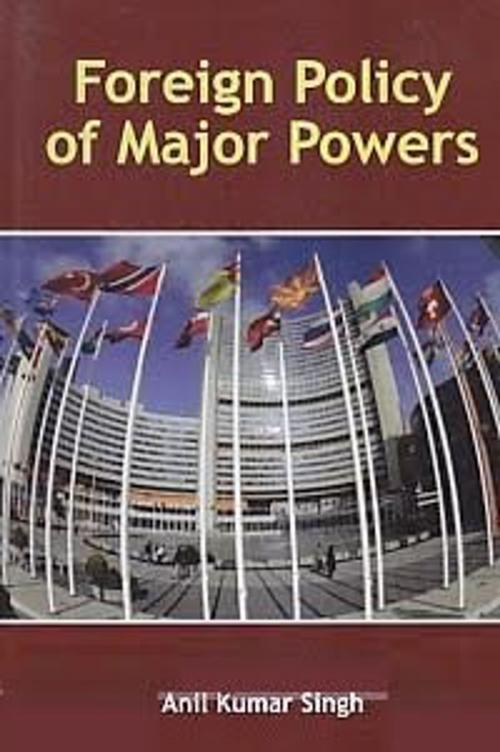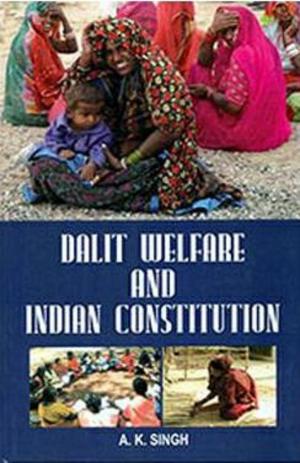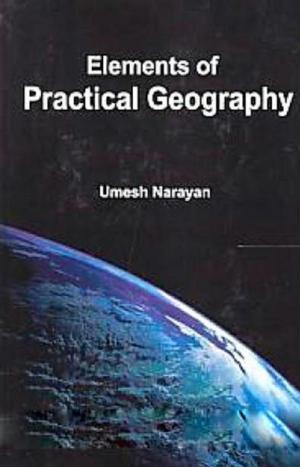Foreign Policy of Major Powers
Nonfiction, Social & Cultural Studies, Political Science, International, International Relations| Author: | Anil Kumar Singh | ISBN: | 9789387846425 |
| Publisher: | Anmol Publications PVT. LTD. | Publication: | June 30, 2015 |
| Imprint: | Anmol Publications PVT. LTD. | Language: | English |
| Author: | Anil Kumar Singh |
| ISBN: | 9789387846425 |
| Publisher: | Anmol Publications PVT. LTD. |
| Publication: | June 30, 2015 |
| Imprint: | Anmol Publications PVT. LTD. |
| Language: | English |
A country’s foreign policy, also called foreign relations policy, consists of self-interest strategies chosen by the state to safeguard its national interests and to achieve goals within its international relations milieu. The approaches are strategically employed to interact with other countries. The study of such strategies is called foreign policy analysis. In recent times, due to the deepening level of globalization and transnational activities, the states will also have to interact with non-state actors. The aforementioned interaction is evaluated and monitored in attempts to maximize benefits of multilateral international cooperation. Since the national interests are paramount, foreign policies are designed by the government through high-level decision making processes. National interests accomplishment can occur as a result of peaceful cooperation with other nations, or through exploitation. Usually, creating foreign policy is the job of the head of government and the foreign minister (or equivalent). In some countries the legislature also has considerable effects. This valuable book is intended as a core text for courses in comparative foreign policy, and a supplementary text for courses in introduction to world politics, comparative politics, and graduate seminars in foreign policy analysis.
A country’s foreign policy, also called foreign relations policy, consists of self-interest strategies chosen by the state to safeguard its national interests and to achieve goals within its international relations milieu. The approaches are strategically employed to interact with other countries. The study of such strategies is called foreign policy analysis. In recent times, due to the deepening level of globalization and transnational activities, the states will also have to interact with non-state actors. The aforementioned interaction is evaluated and monitored in attempts to maximize benefits of multilateral international cooperation. Since the national interests are paramount, foreign policies are designed by the government through high-level decision making processes. National interests accomplishment can occur as a result of peaceful cooperation with other nations, or through exploitation. Usually, creating foreign policy is the job of the head of government and the foreign minister (or equivalent). In some countries the legislature also has considerable effects. This valuable book is intended as a core text for courses in comparative foreign policy, and a supplementary text for courses in introduction to world politics, comparative politics, and graduate seminars in foreign policy analysis.















